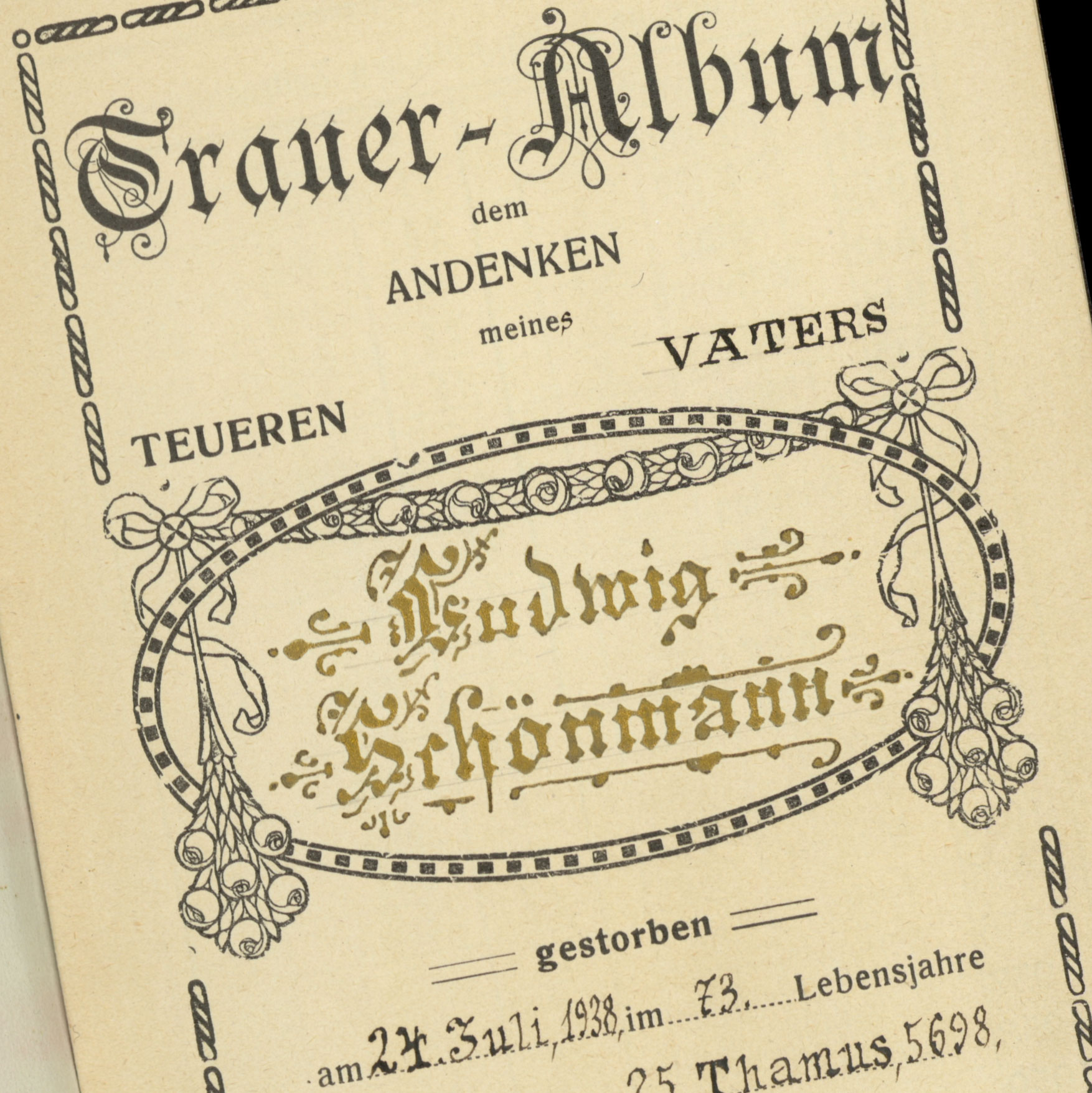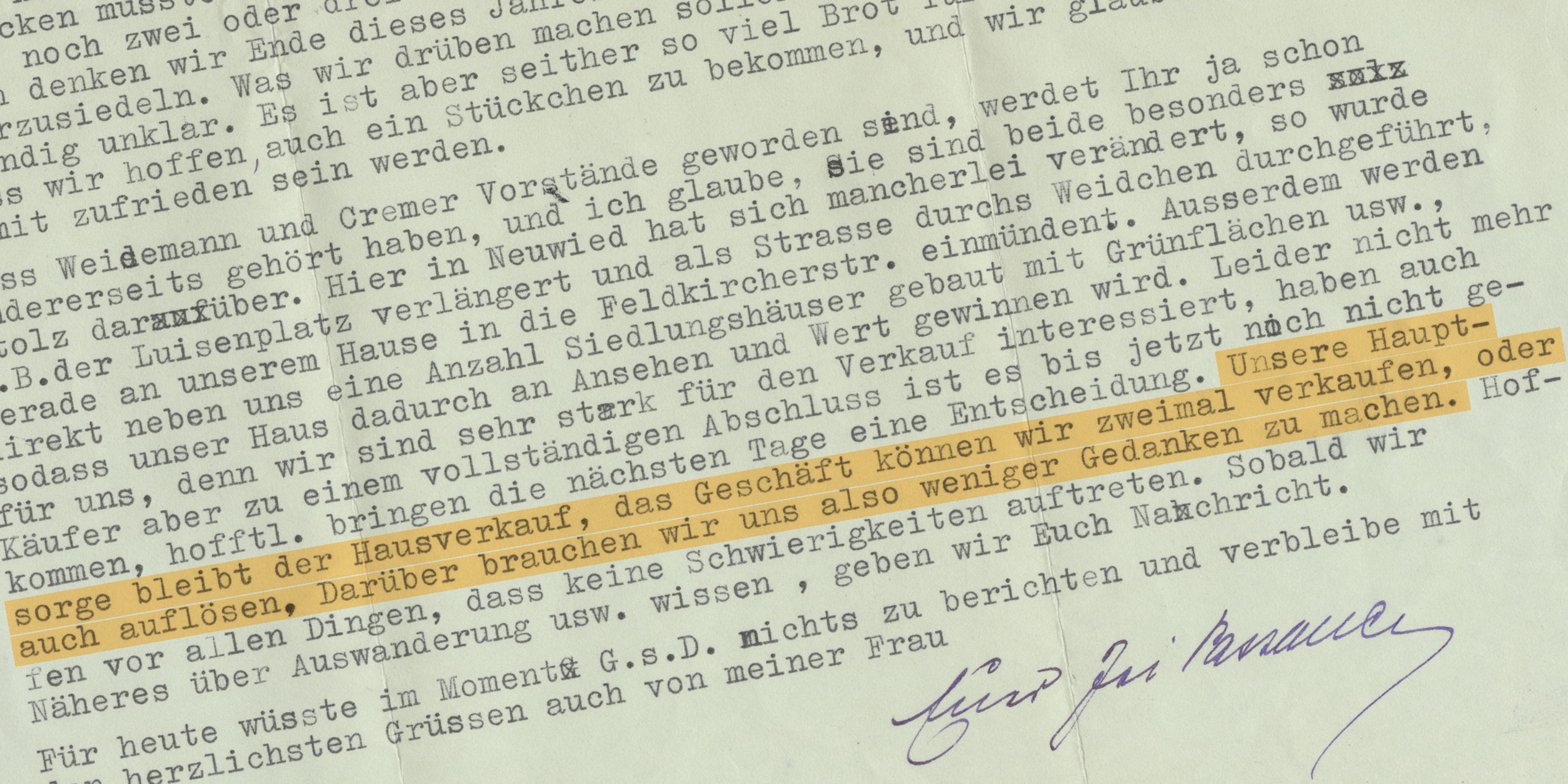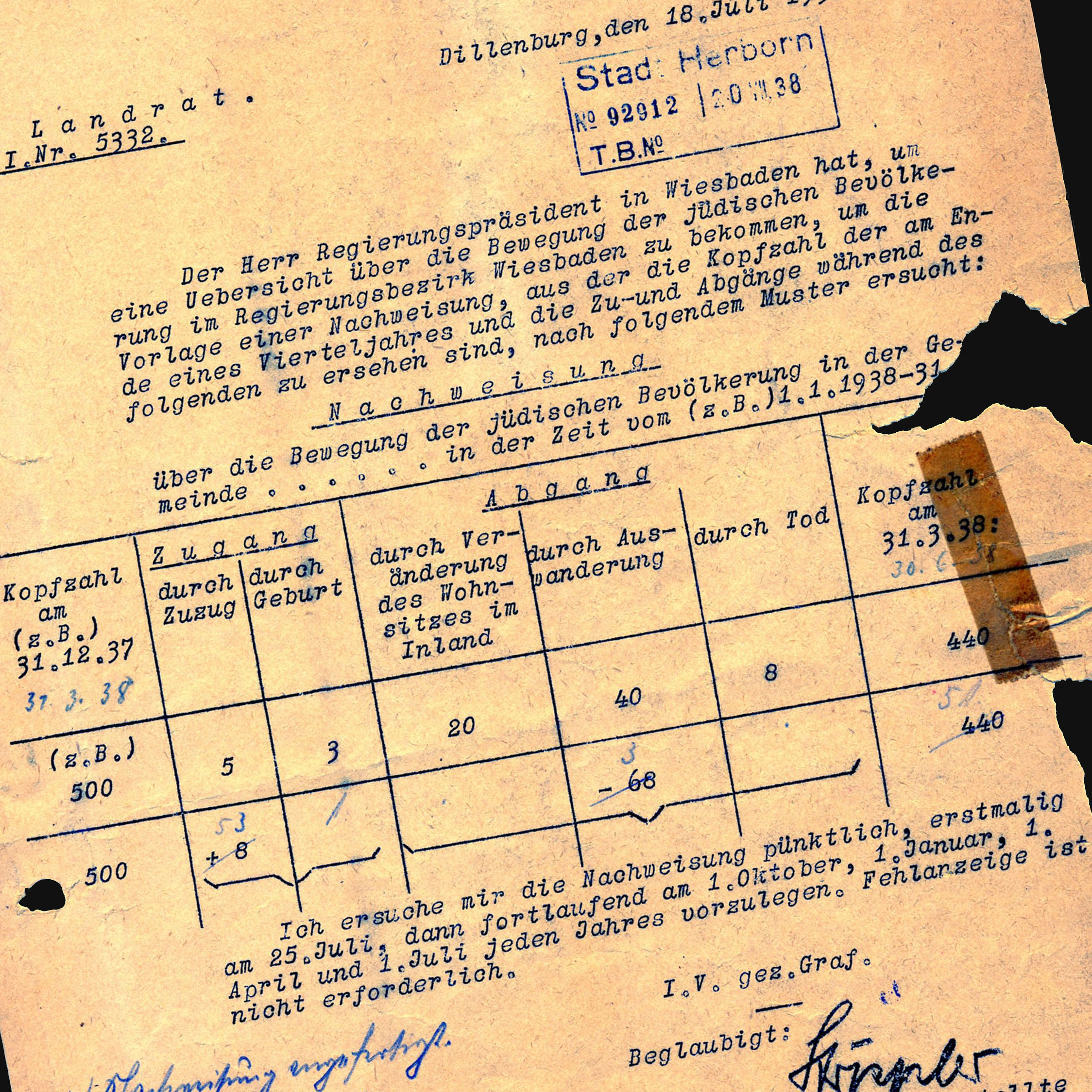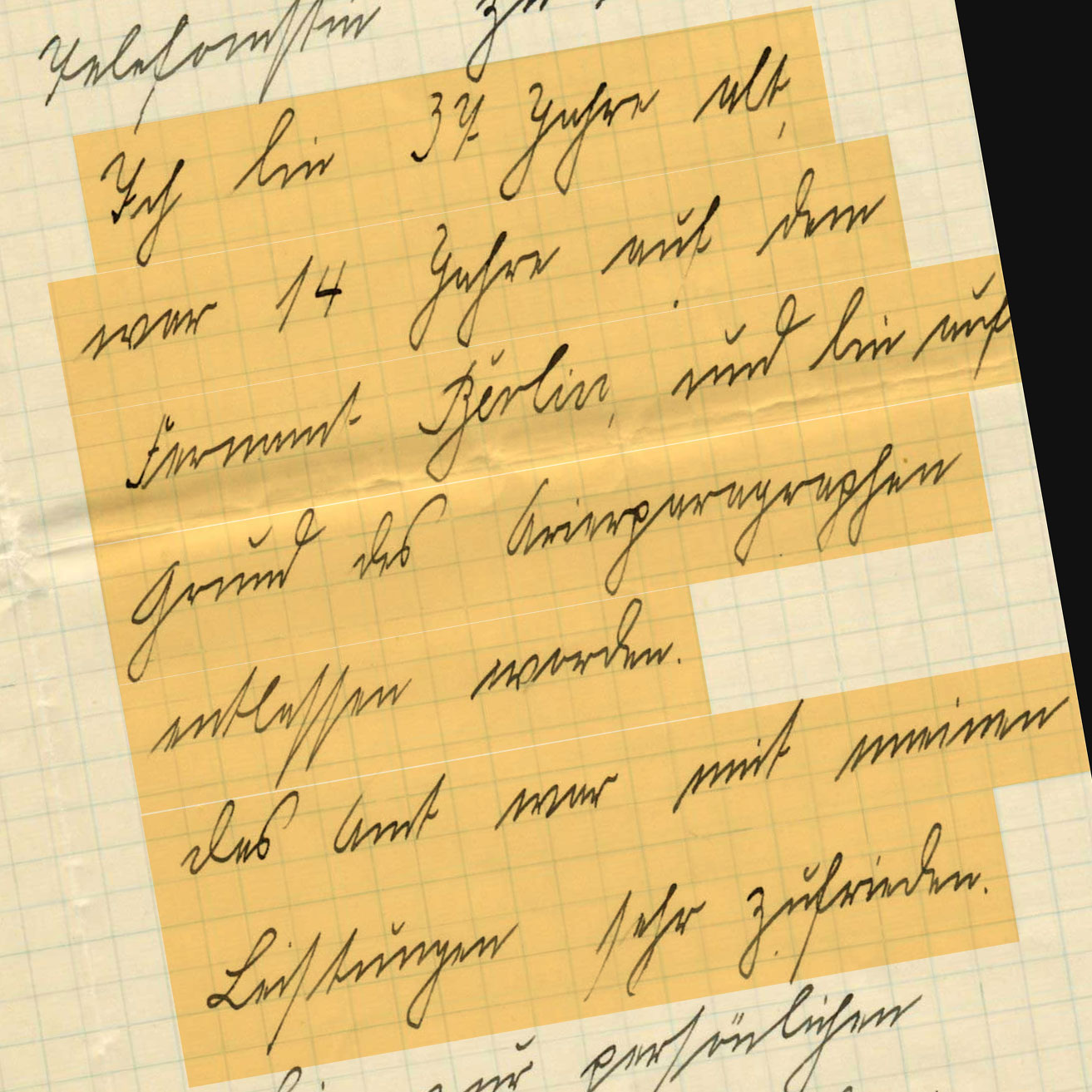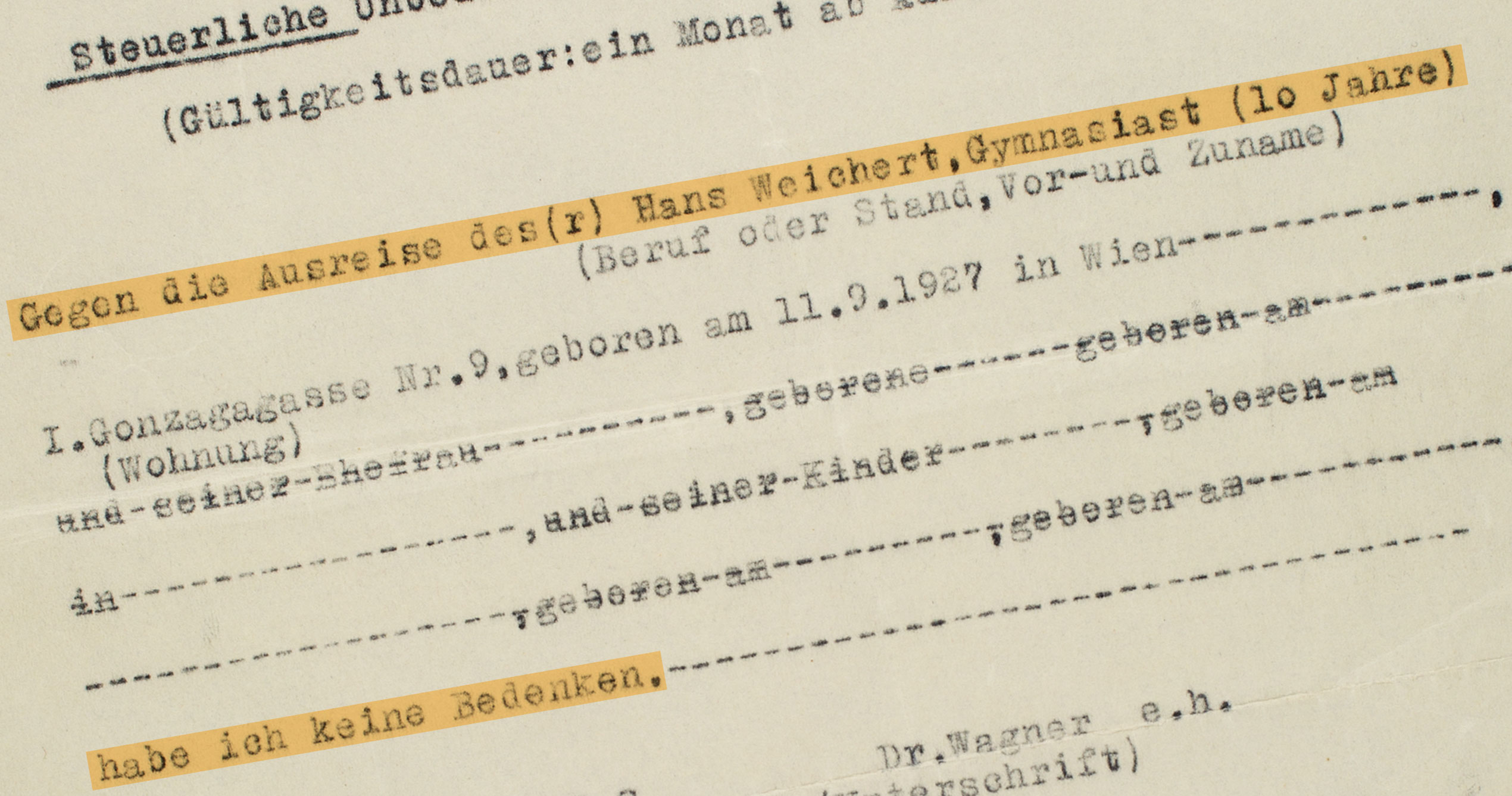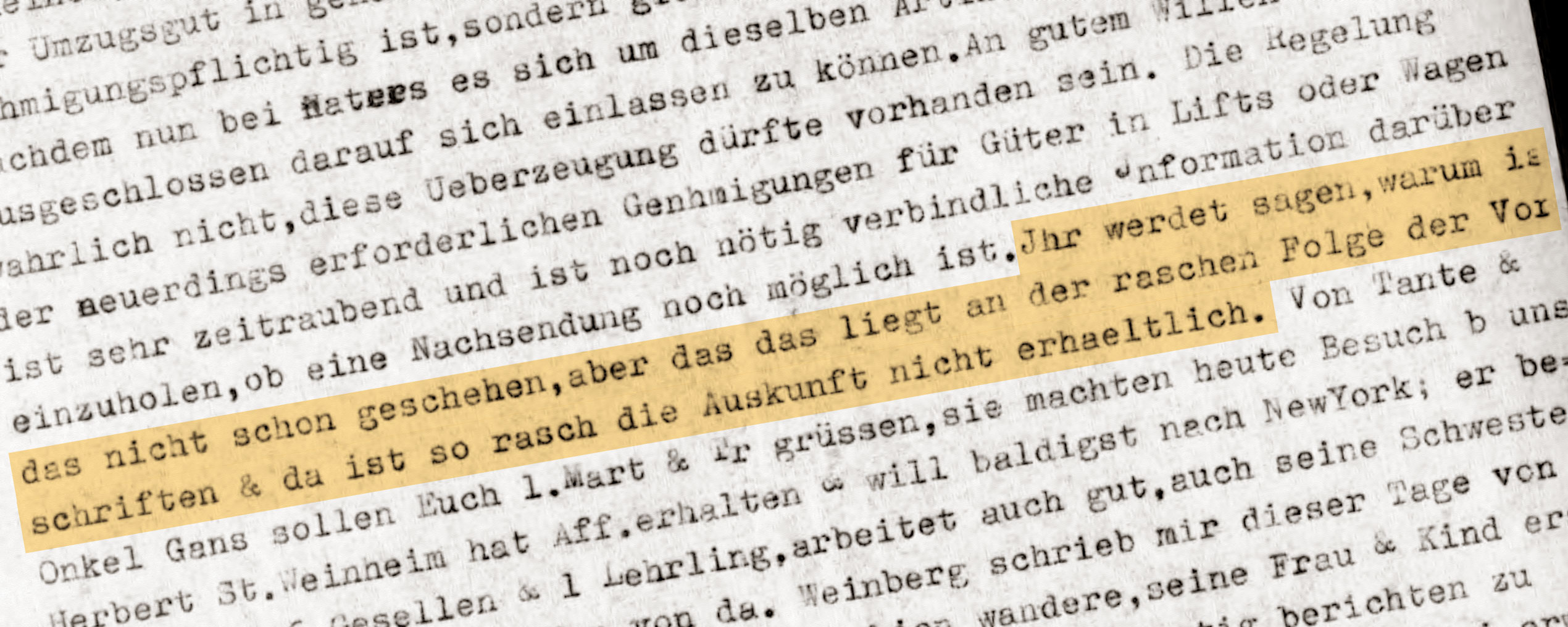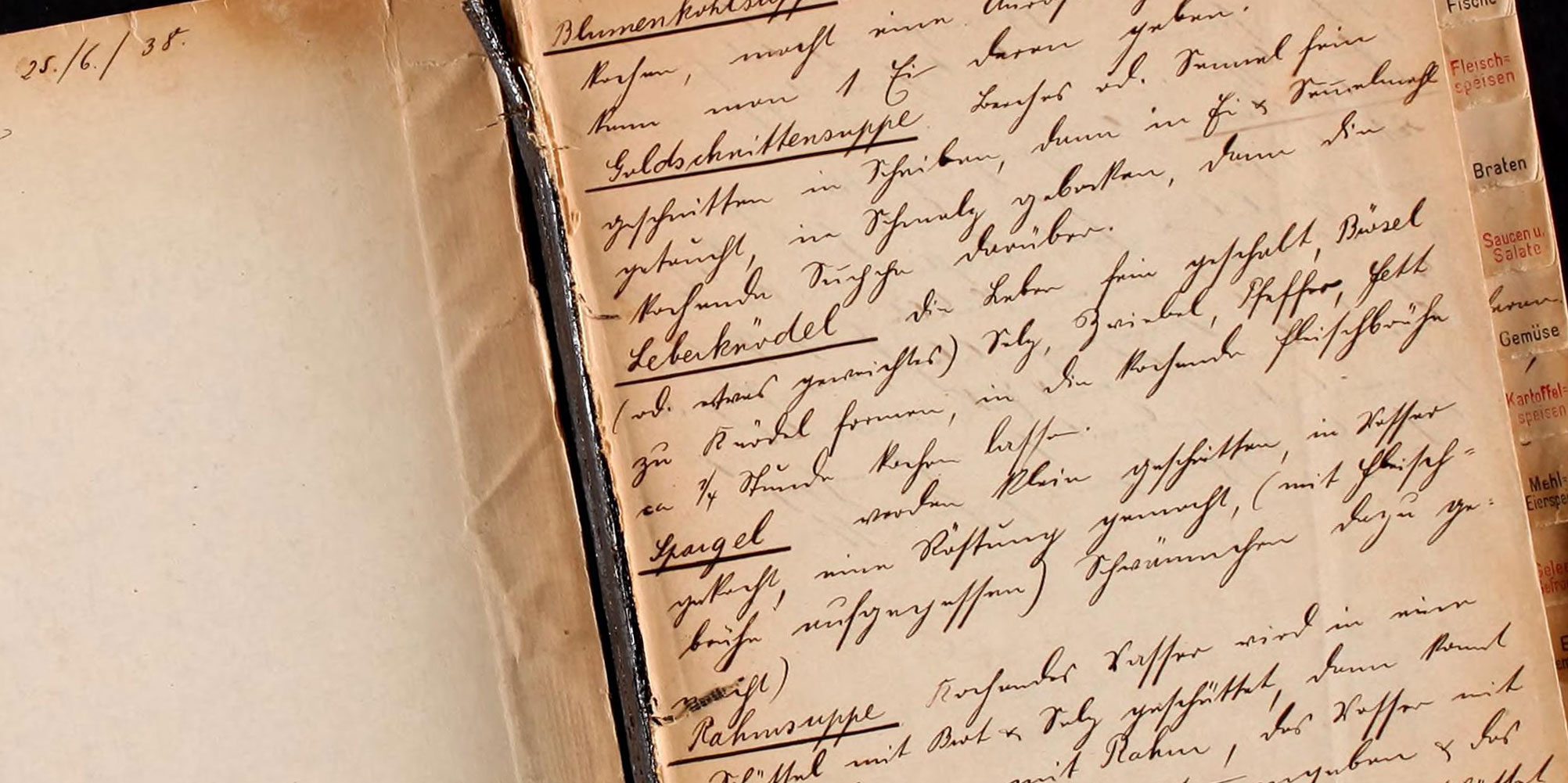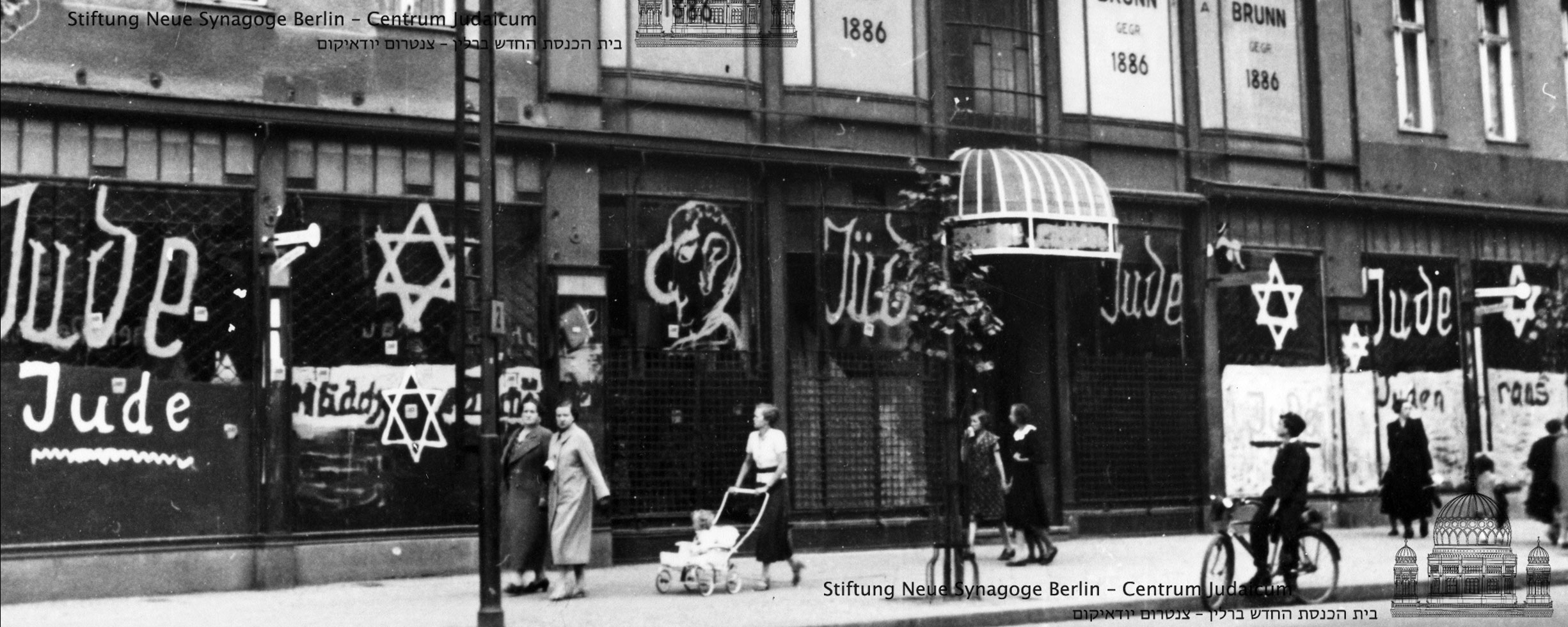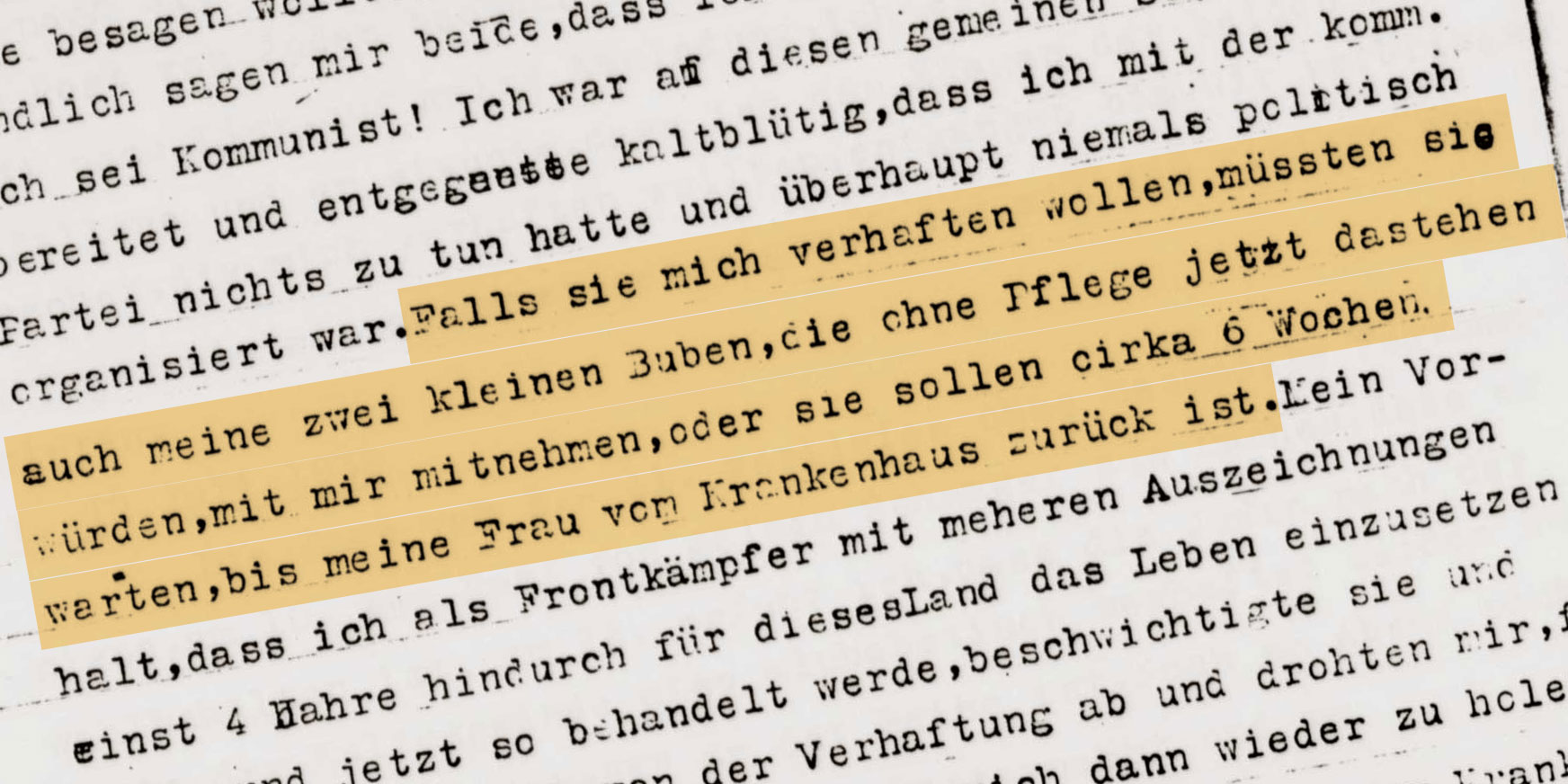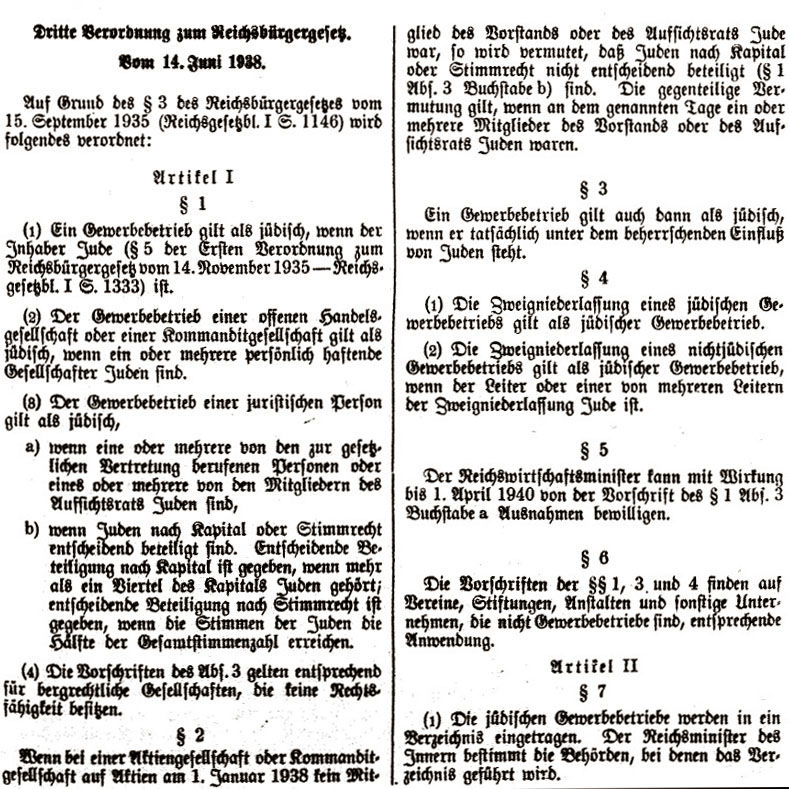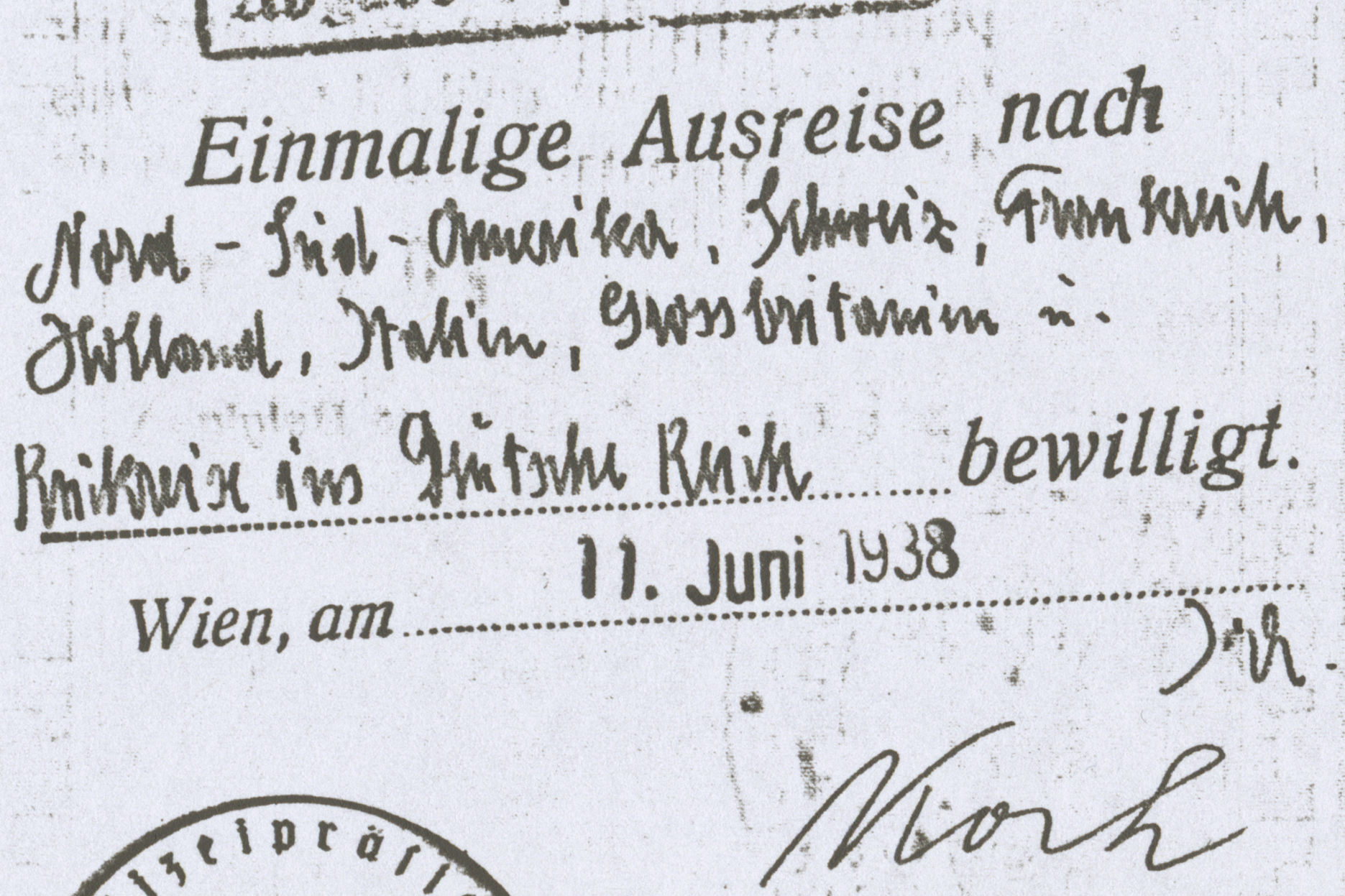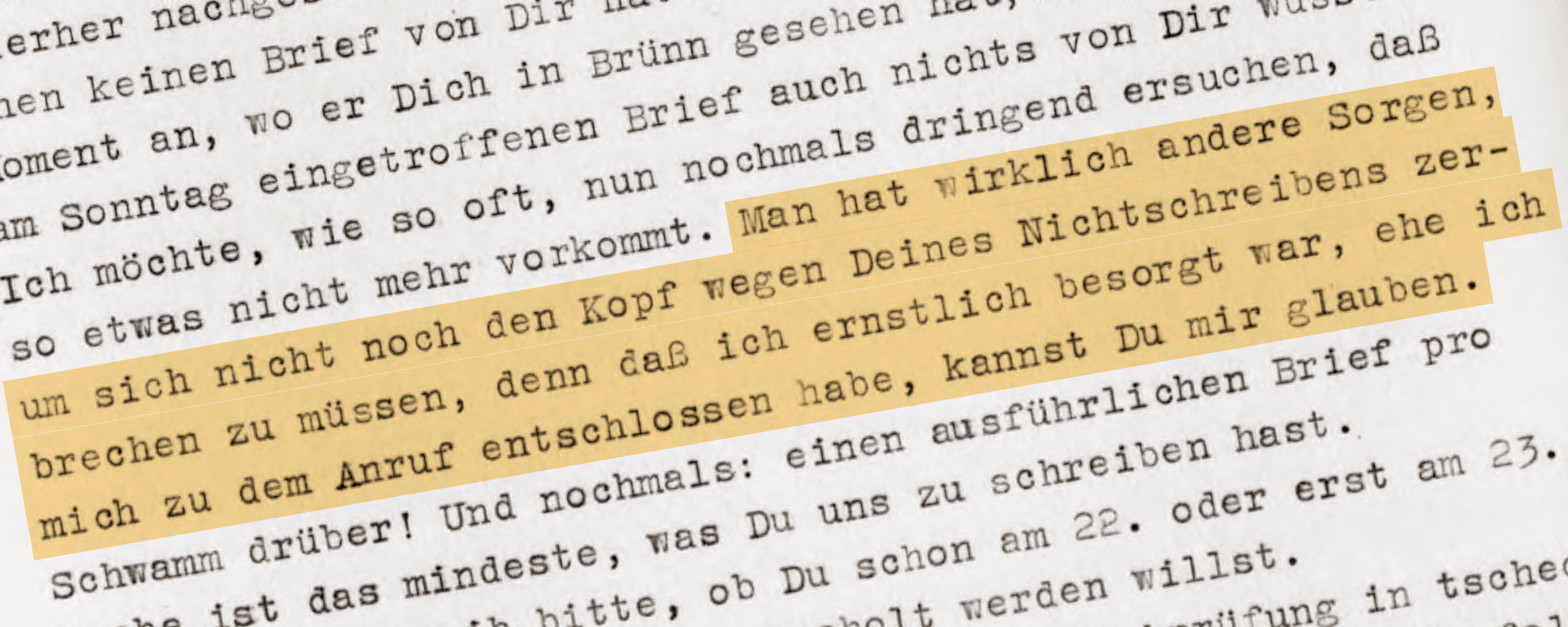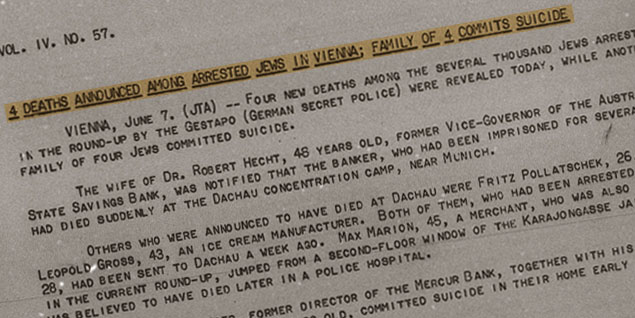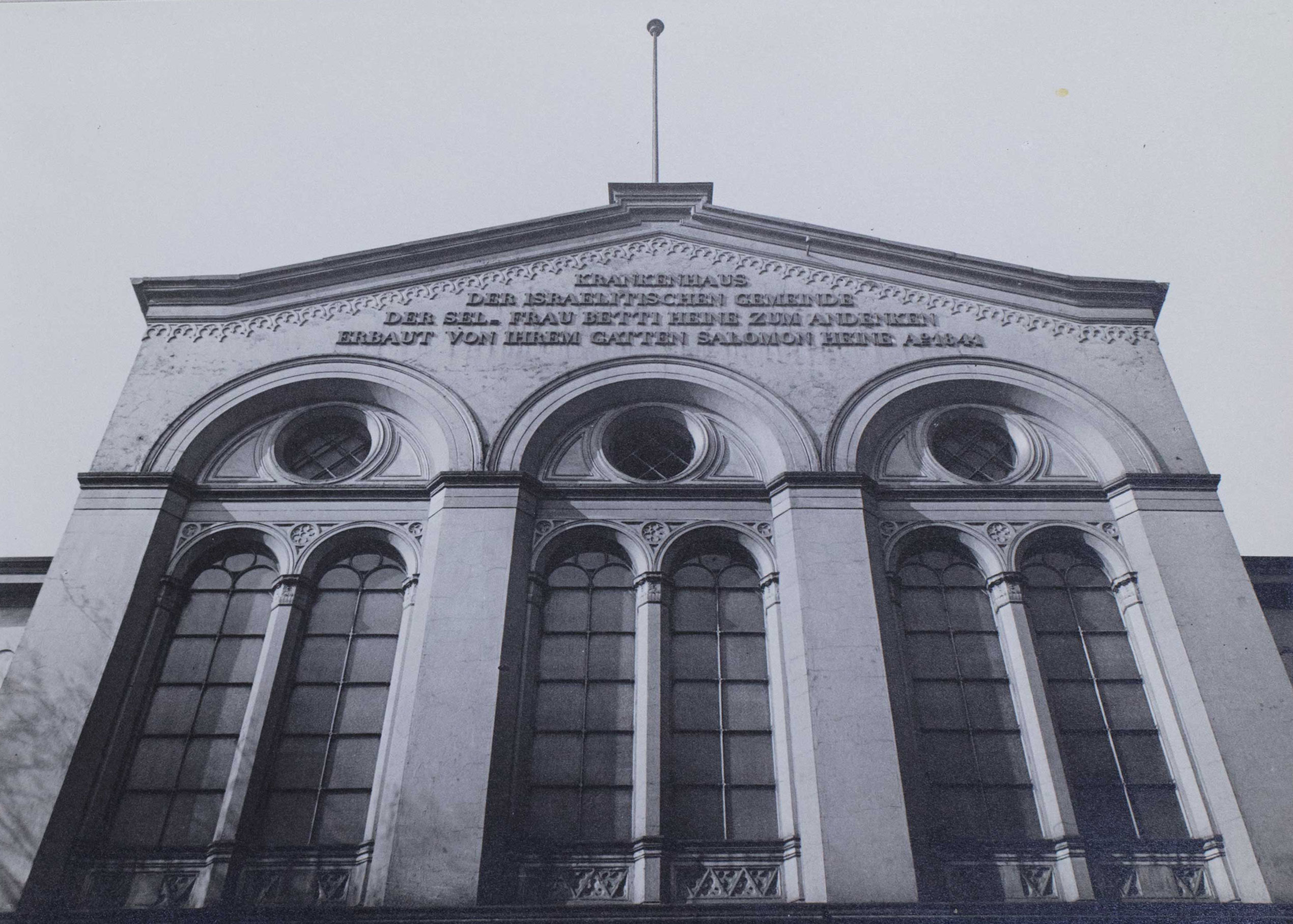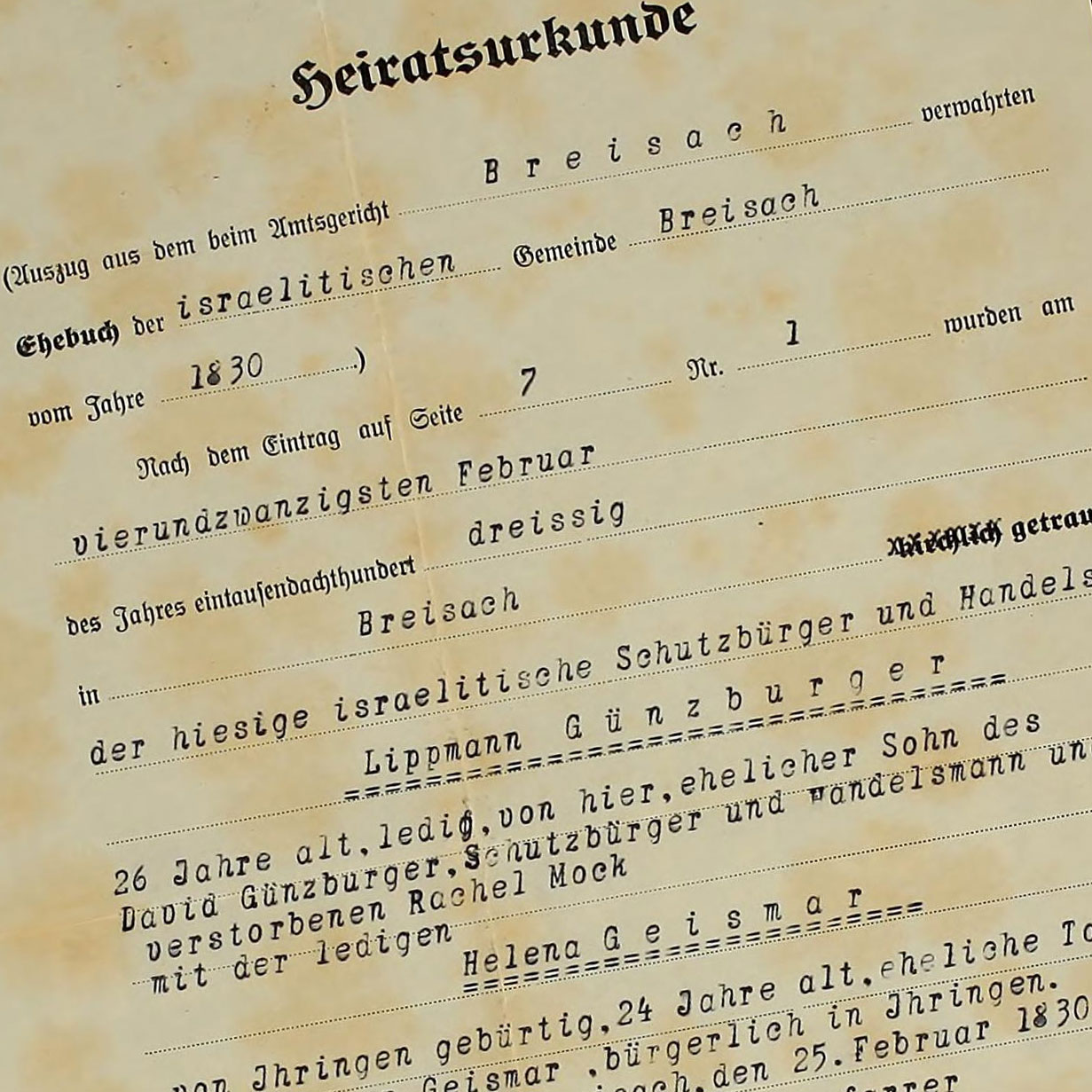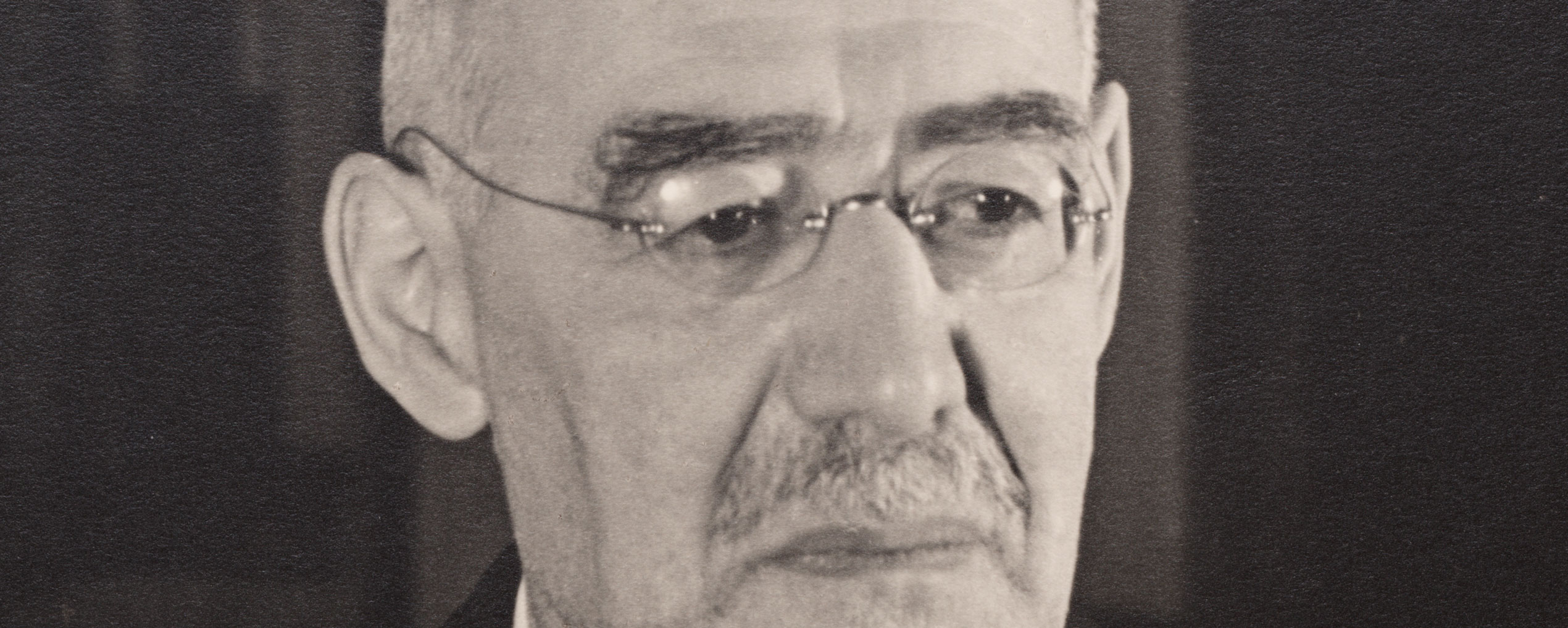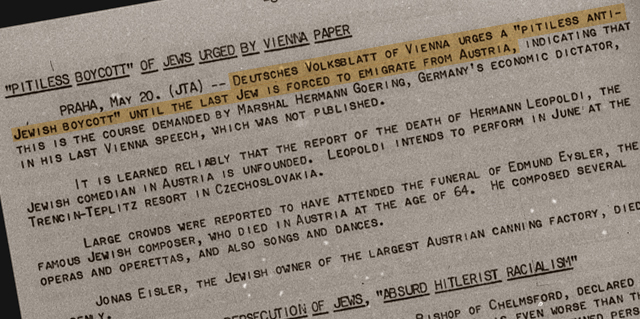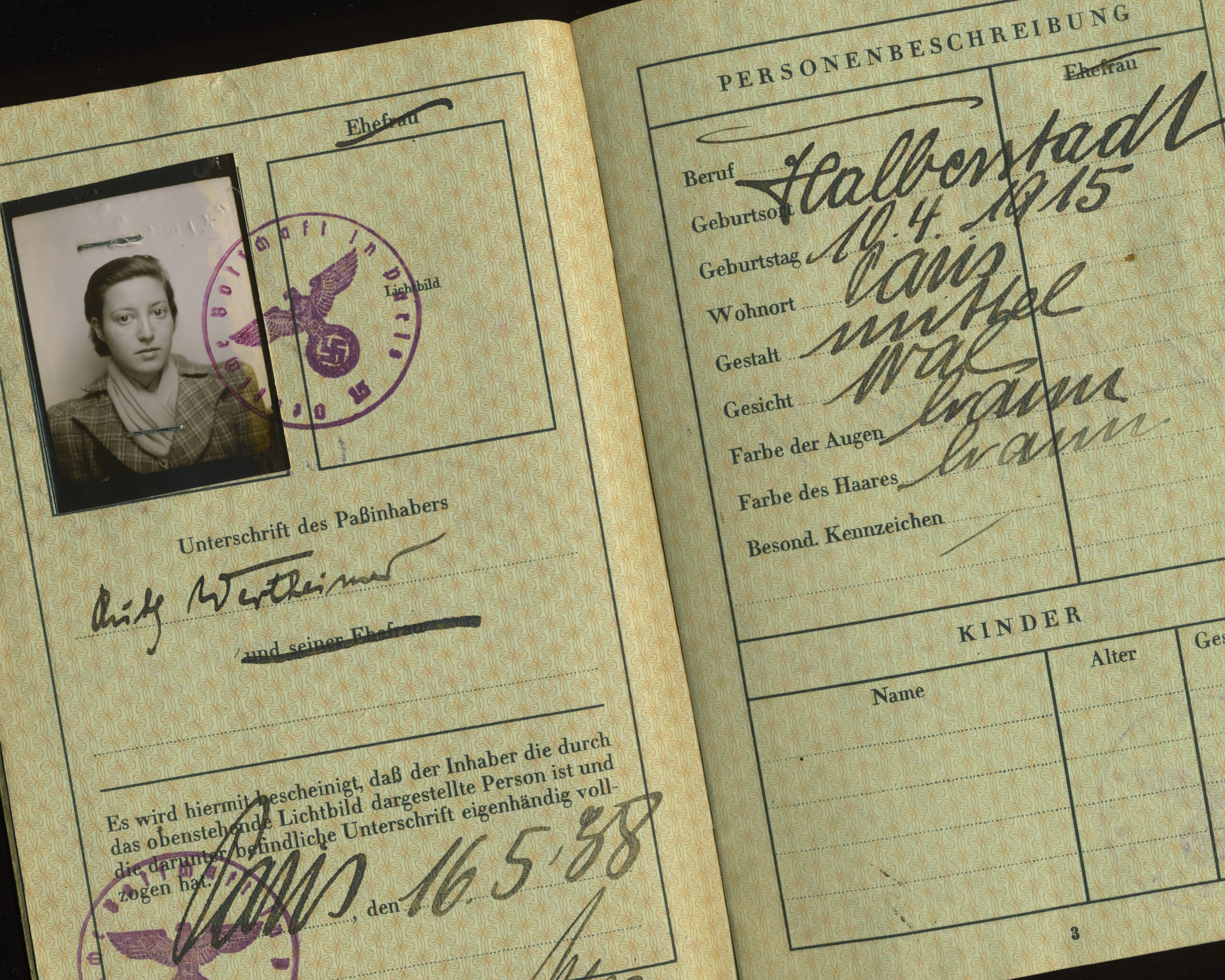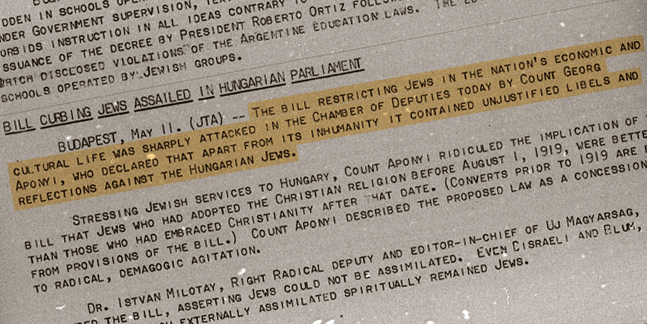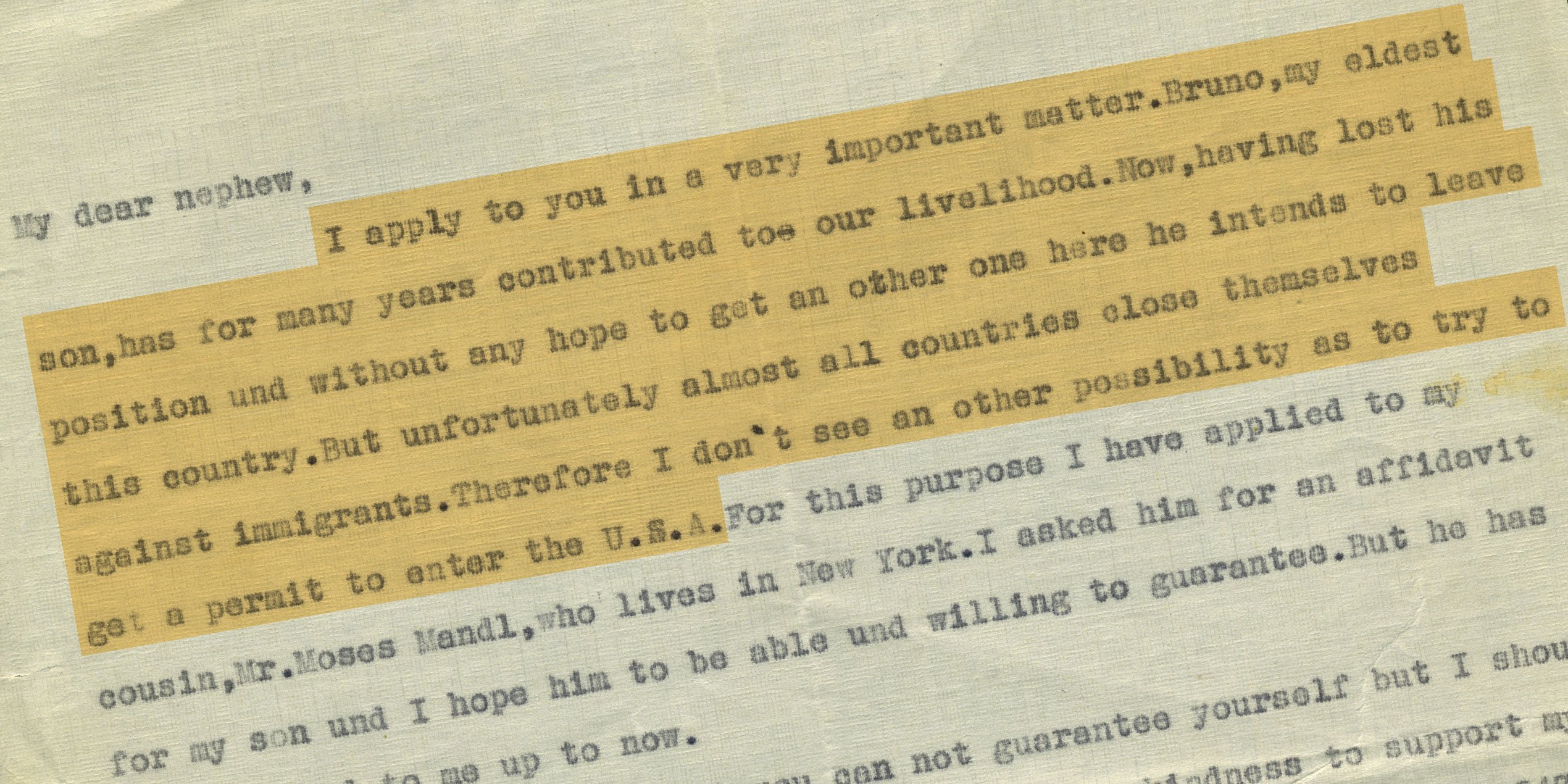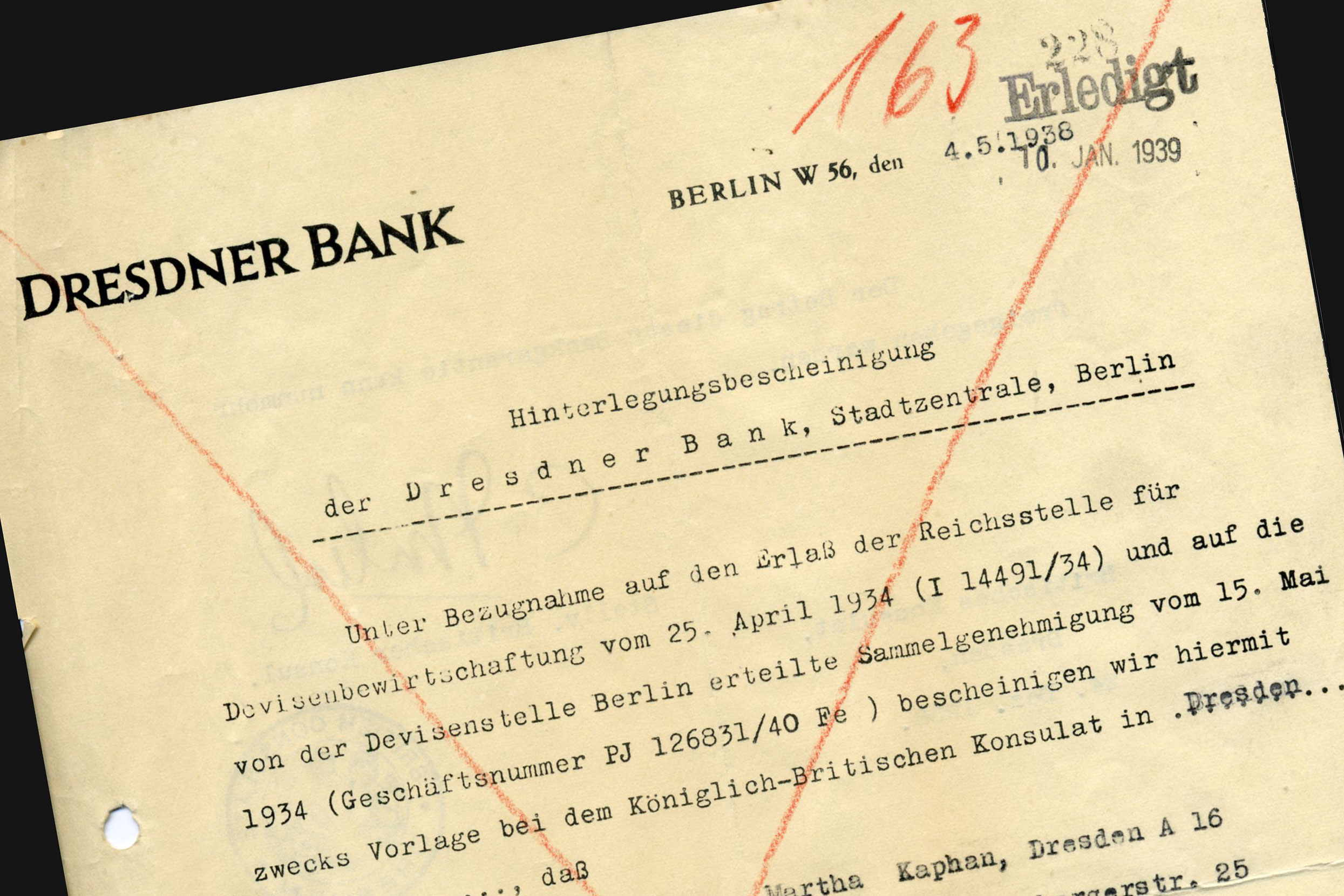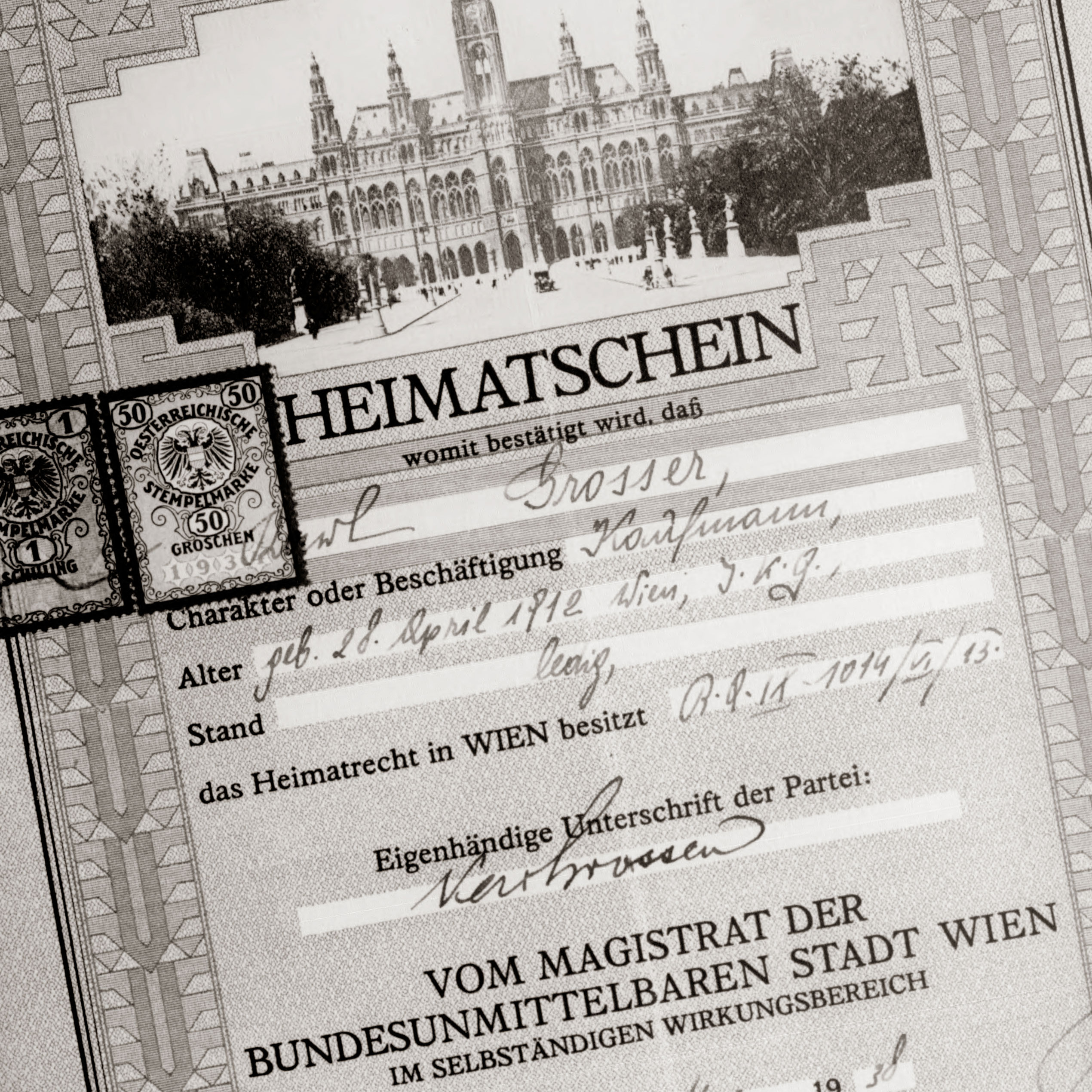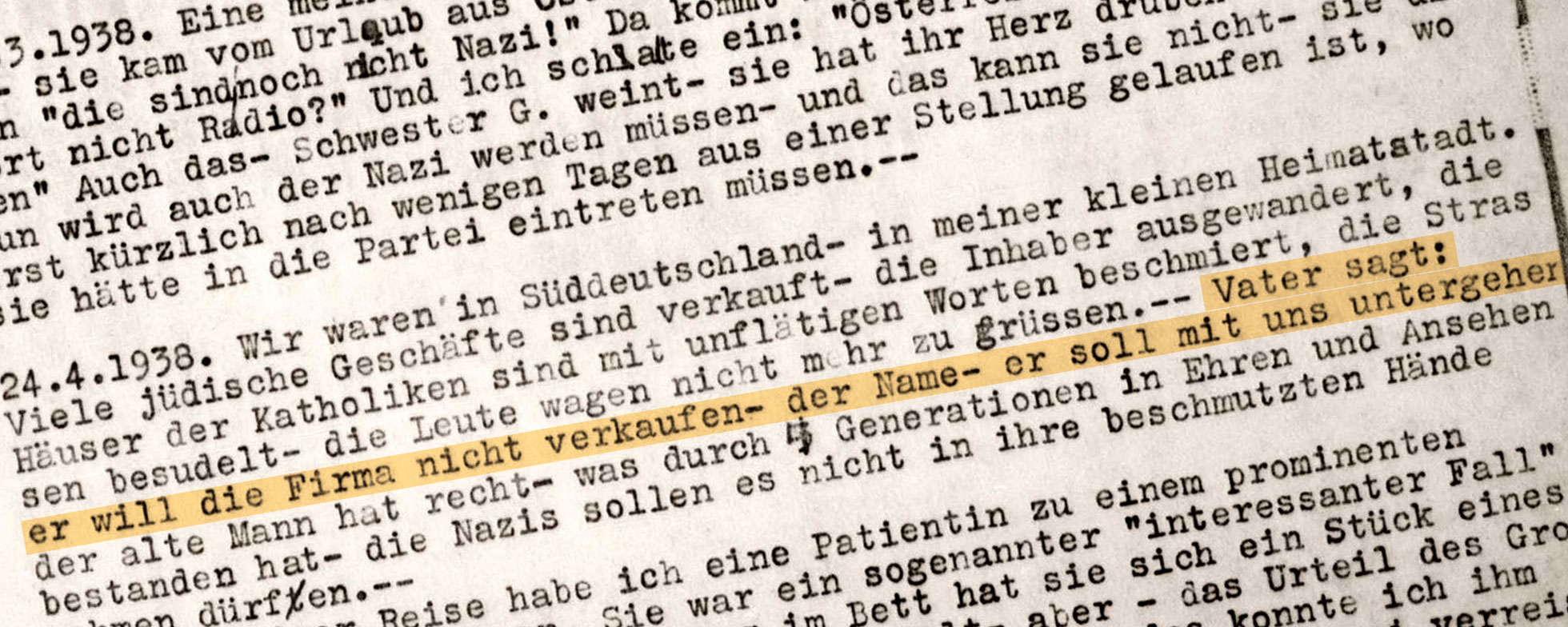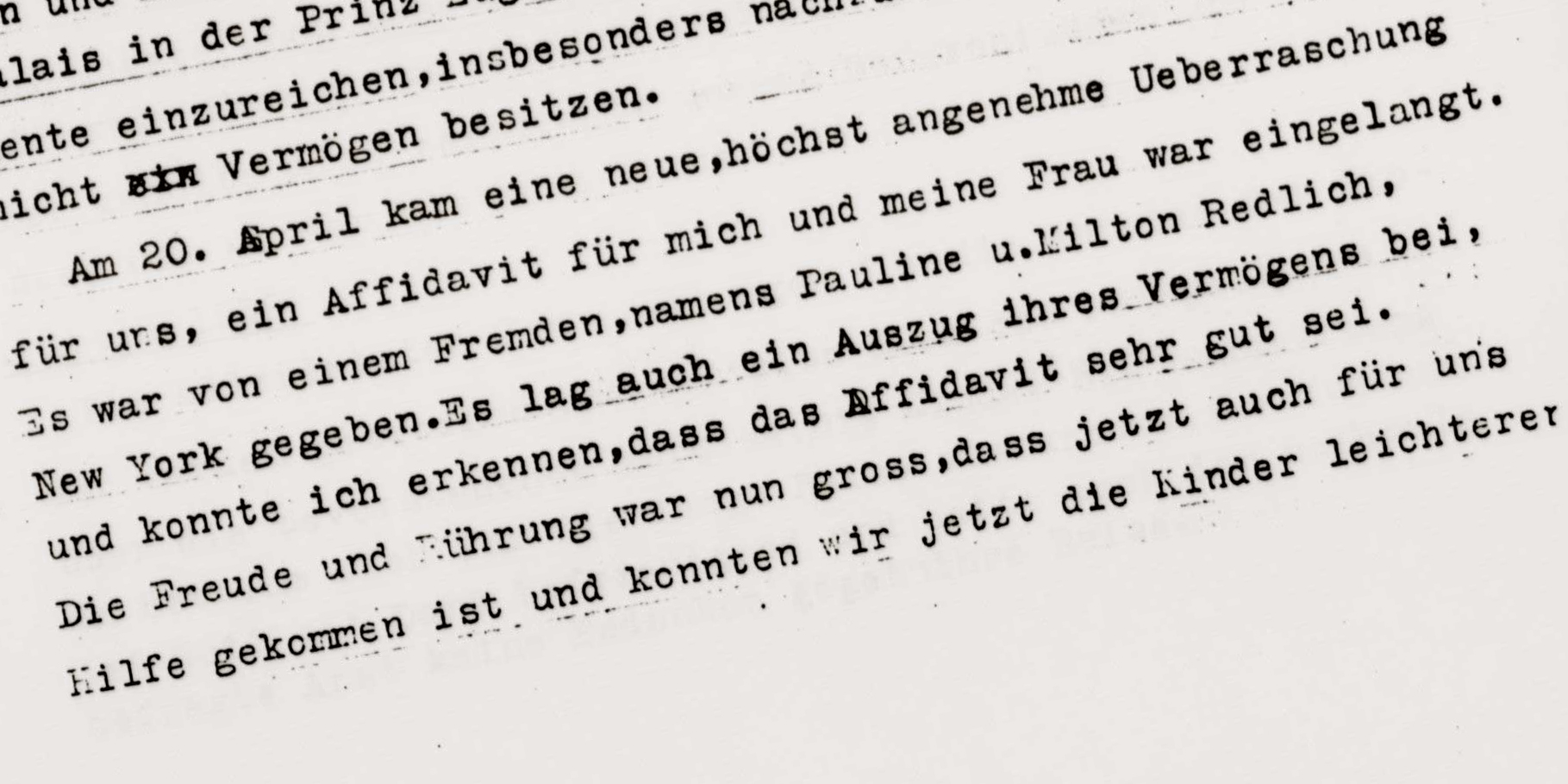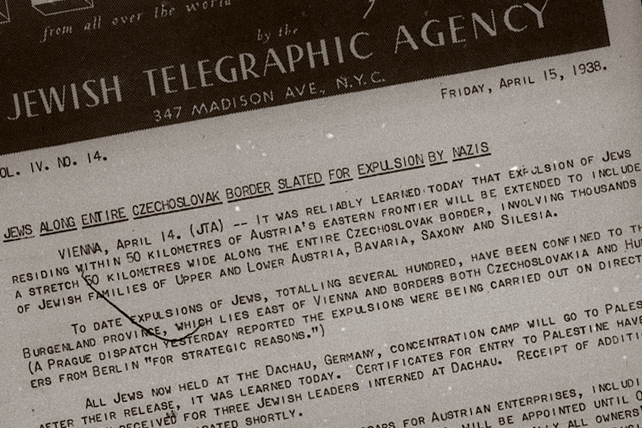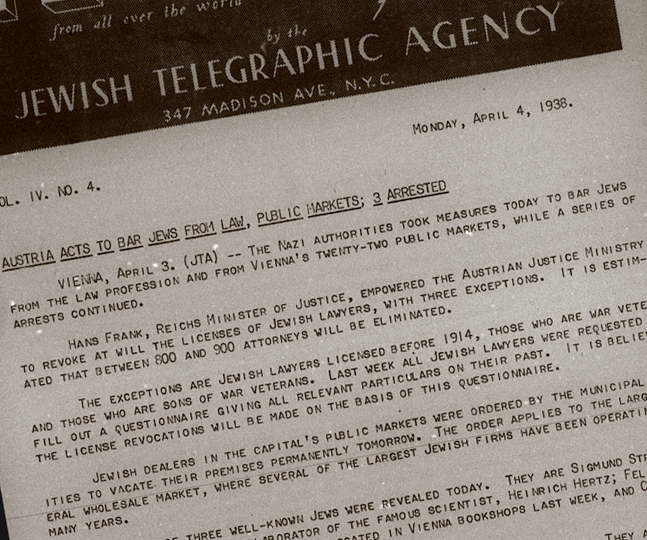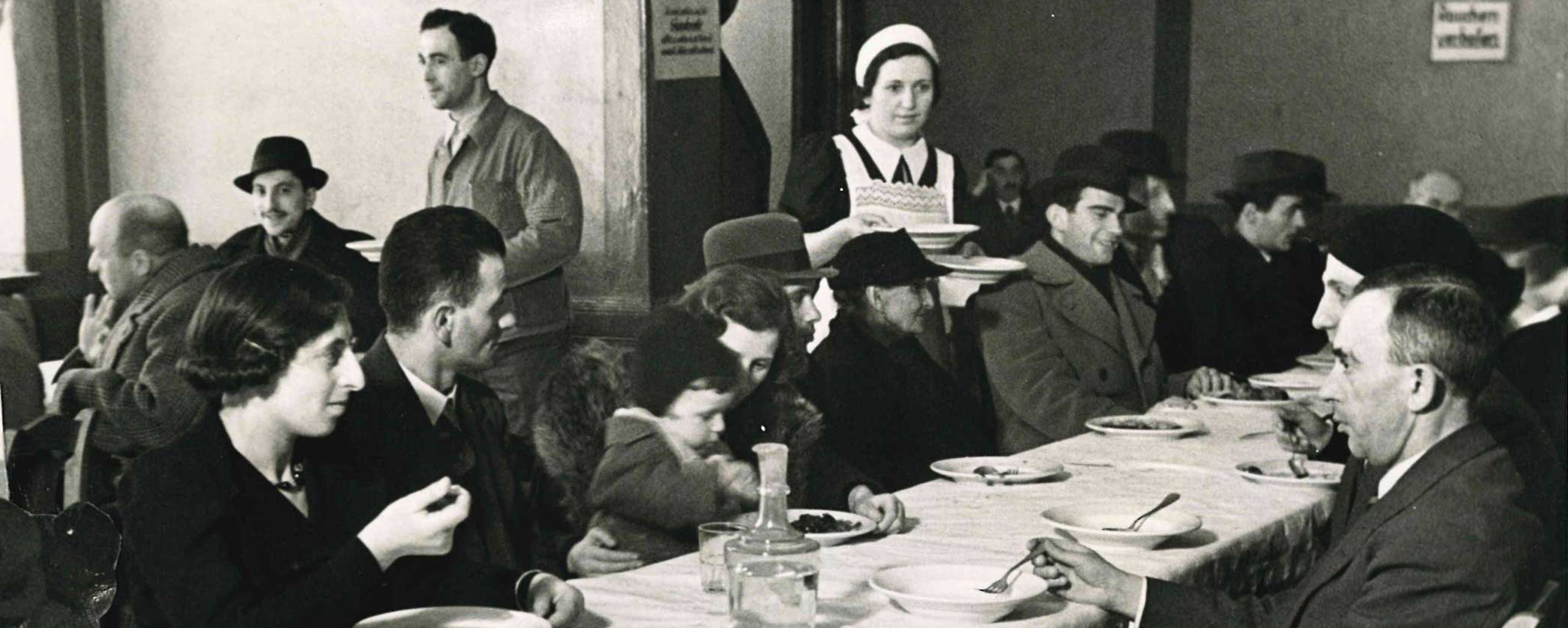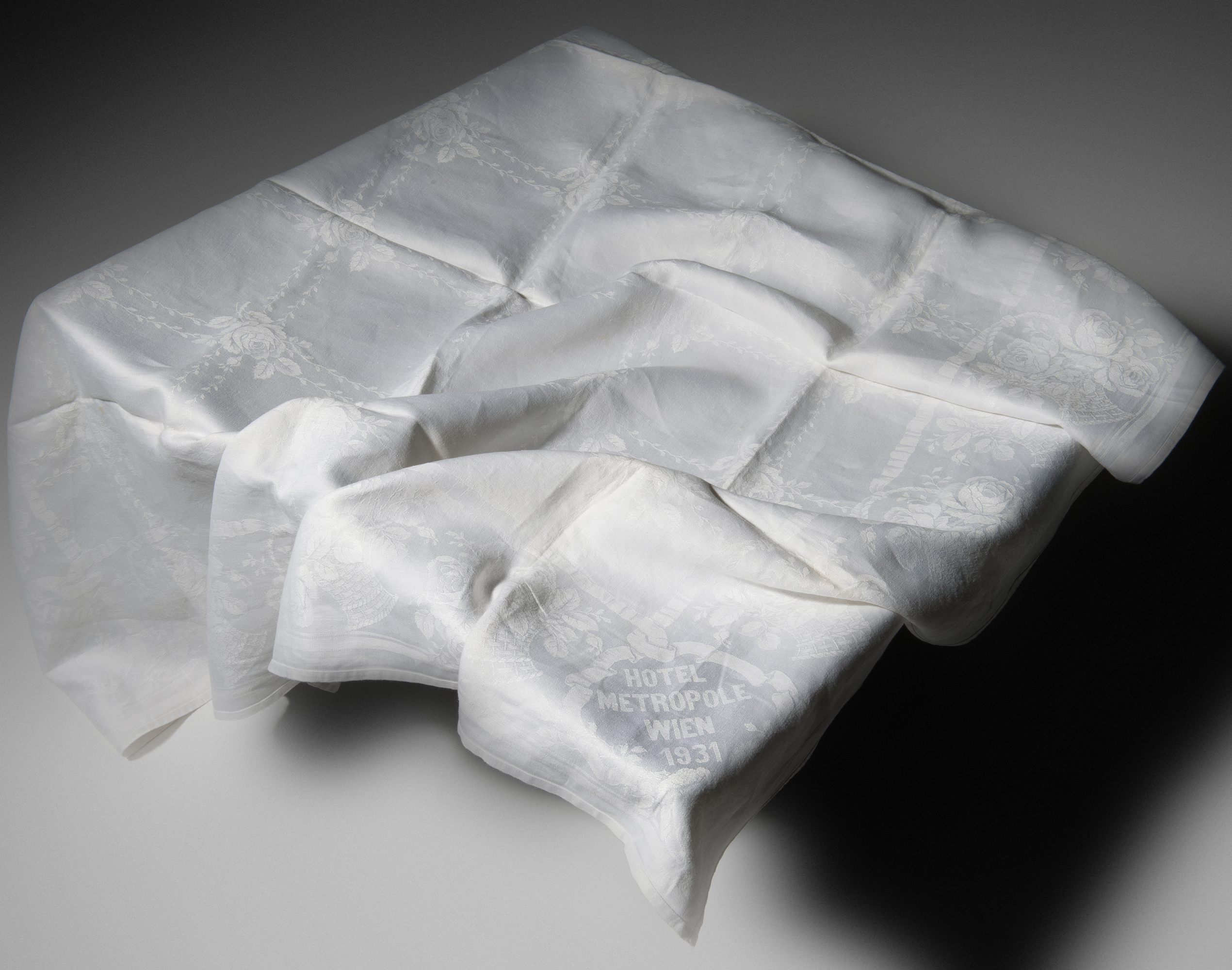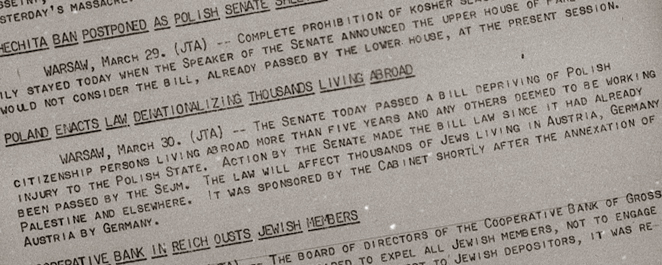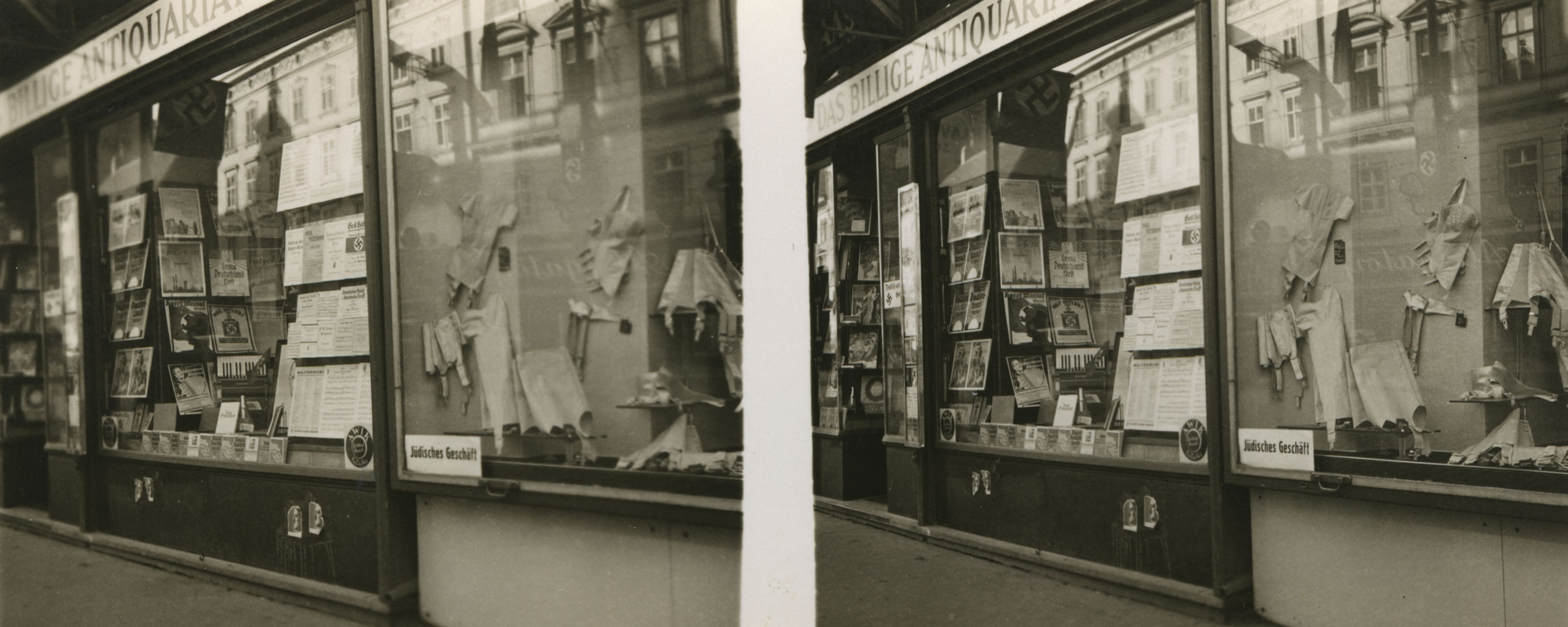Glowing recommendation
A Jewish bookkeeper loses her job
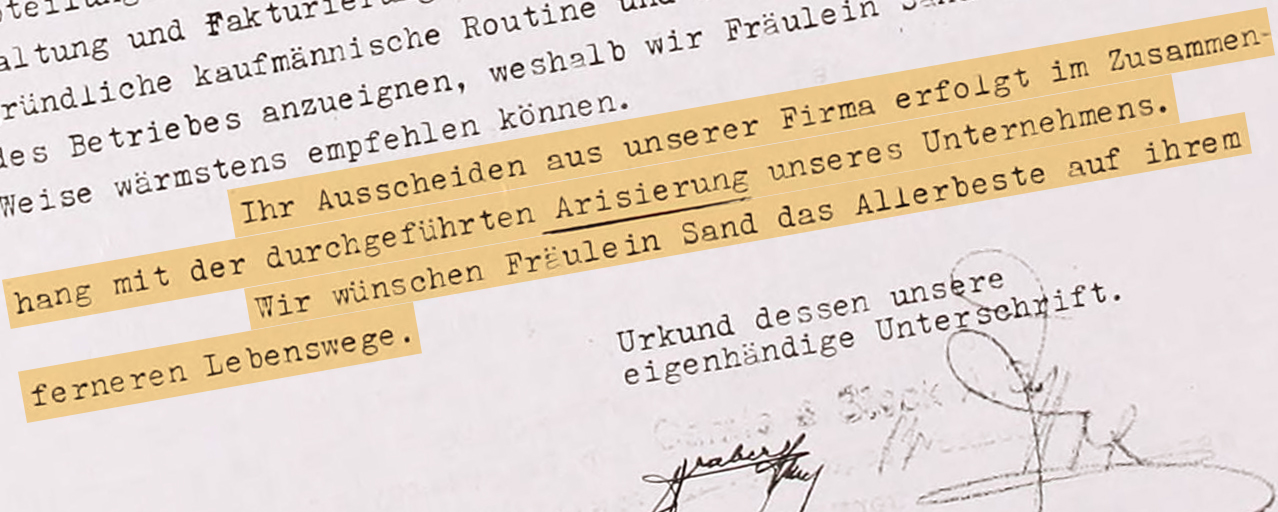
“Her resignation from our company comes in the context of the Aryanization of our business. We wish Miss Sand the very best on her future path through life.”
LINZ
Even though the NSDAP was illegal in Austria before the country’s annexation to Nazi Germany, cities like Linz were fertile ground for Nazi ideology. The Österreichischer Beobachter, an illegal but widely circulated Nazi paper published in the city, had called for a “Christmas boycott” of Jewish shops in 1937. The paper inflicted additional damage on Jewish businesses by publishing their names and those of their non-Jewish customers. When German troops marched into the city in March 1938 in the course of Austria’s annexation by Nazi Germany, thousands of locals lined the streets and enthusiastically welcomed them. As if to make up for lost time, the Nazis immediately began taking over Jewish businesses, sometimes literally in a matter of days. When 24-year-old Melitta Sand was removed from her position as an office clerk with the now “Aryanized” Camise & Stock Brandy Distilleries, she received a surprisingly cordial letter of recommendation stating, among other things, that she had earned the unqualified confidence of her employers through her diligence and competence.









































